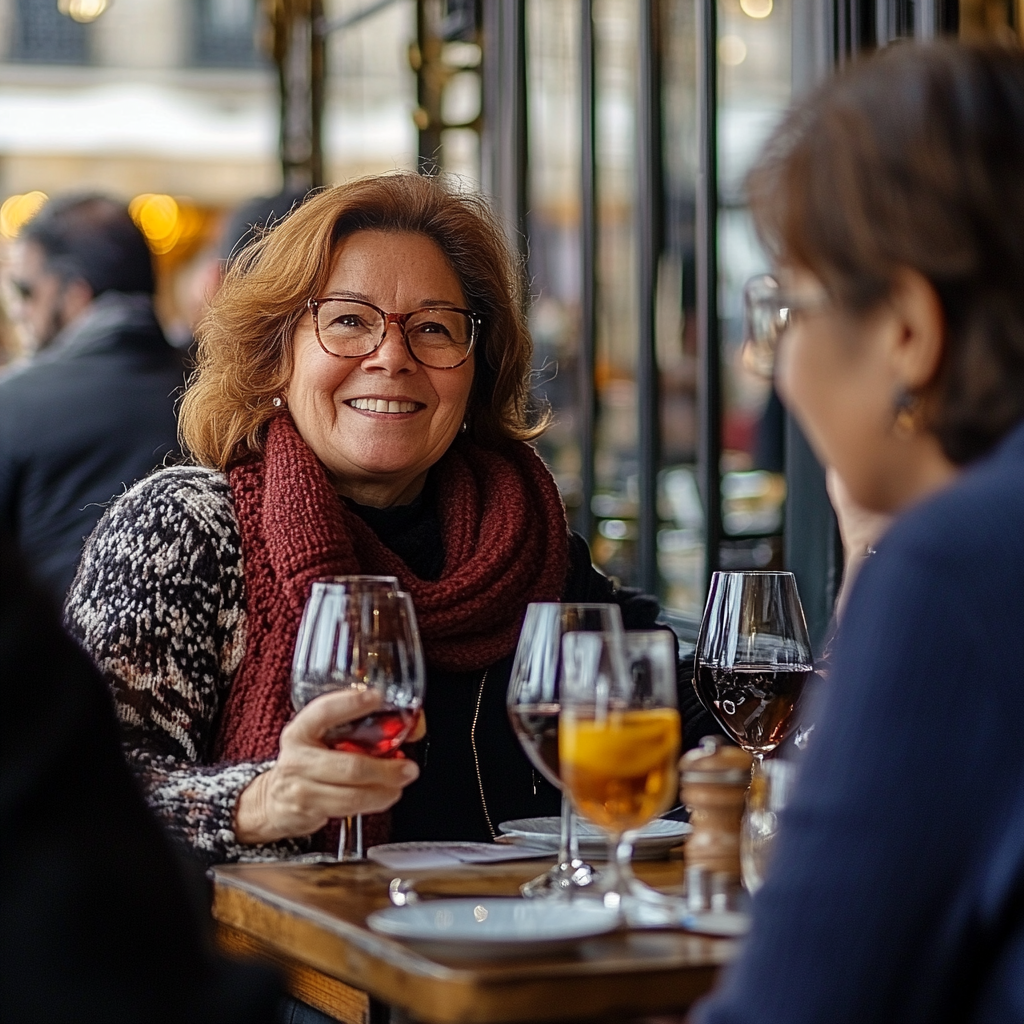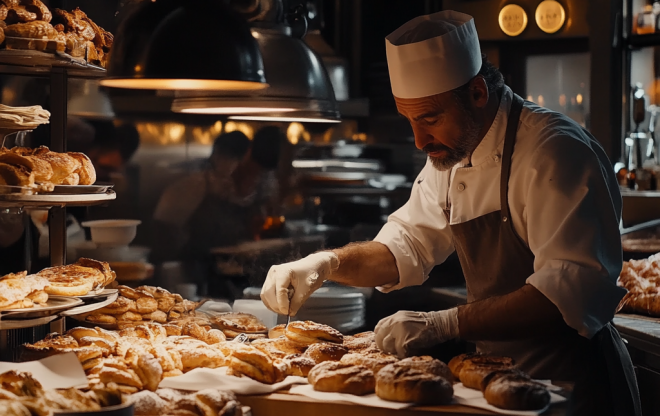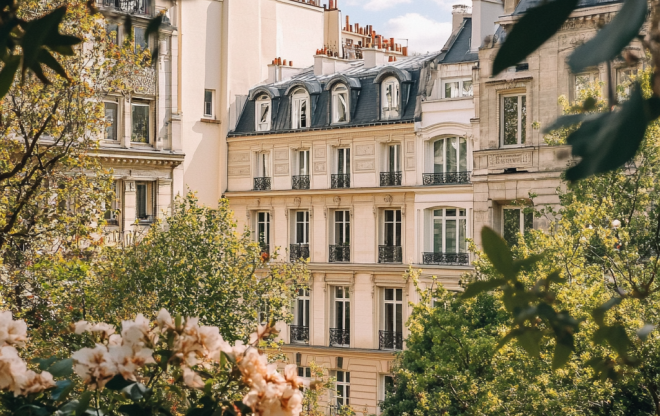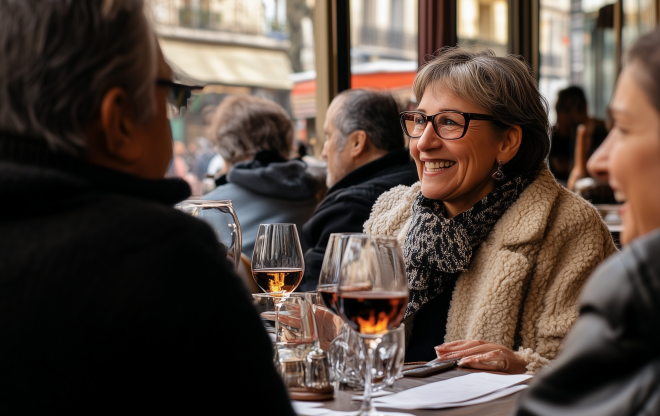Why Learning French Transforms Travel: The Secret Life of Simple Phrases
Imagine entering a Montmartre bakery at dawn, with flour dust dancing in sunlight. You say, “Bonjour, une baguette tradition, s’il vous plaît,” the baker’s eyebrows lift with genuine delight. That tiny phrase shifts you from anonymous tourist to honored guest. A 2024 survey by the French tourism ministry backs up the anecdote: visitors who attempted French rated overall satisfaction twenty percent higher than those who never tried.
Why does a modest vocabulary wield such power? Psychologists call it the “effort heuristic.” When locals see you struggle—even charmingly—they infer respect and reciprocate with warmth that no credit card can purchase. The reward often arrives instantly: an extra chouquette slipped into your bag, a map sketched on a napkin, an invitation to tomorrow’s neighborhood fête.
Four focused weeks are enough to unlock this privilege. Week one builds a survival phrasebook: greetings, numbers, and the magic verb vouloir in polite form. Week two conquers café culture—menu items, roast preferences, the difference between standing at the counter and sitting at the terrace. Week three tackles navigation: left, right, Metro lines, and how to apologize when you block the turnstile. Week four introduces curiosity catalysts such as “À votre avis” or “Qu’est-ce que vous recommandez?” Because they invite opinions, these openings trigger longer answers packed with vocabulary you did not plan to learn.
If shyness stalks you, set micro-victories. The first time a server stays in French for the entire interaction, celebrate with a journal note or a selfie outside the café. When stuck, use the “echo” method: repeat the noun you know and add a questioning tone. The interlocutor fills in the adjective naturally, and you both share a small triumph.
The payoff extends far beyond Paris. When a regional train strike derails schedules, your ability to ask, “Quel itinéraire de secours me conseillez-vous?” might fetch a secret bus route. In a Loire Valley vineyard, the phrase, “Je préfère un vin un peu plus sec,” invites the vintner to open unlisted bottles. Even mishaps are memorable: telling a pharmacist, “Je suis tombé en faisant du vélo,” often earns sympathetic tales and the exact bandage you need.
After you fly home, keep the spark alive with a French travel diary. Write a paragraph nightly—sights, scents, overheard jokes. The past tense will feel clumsy at first, then silky. On your next trip, you will arrive not as a beginner but as someone who already owns part of the local soundtrack.
The secret, then, is not fluency; it is presence. A single correctly pronounced “bonjour” bends reality: doors open, lesson materialize, friendships bud. Begin practicing today, and you will land in France carrying more than luggage—you will have potential.




